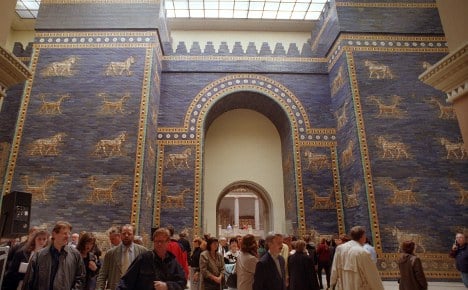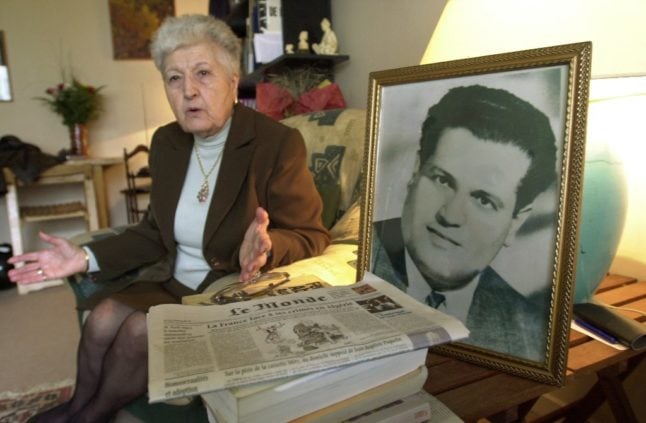The estate of Holocaust survivor Riven Flamenbaum had long argued that the former Auschwitz inmate had obtained the ancient Assyrian relic after trading
cigarettes with a Russian soldier at the end of the war.
However the New York Court of Appeals ruled that the "spoils of war" argument offered by the Flamenbaum estate was invalid and said the tablet must
be returned to Berlin's Vorderasiatisches Museum.
"We decline to adopt any doctrine that would establish good title based upon the looting and removal of cultural objects during wartime by a
conquering military force," the court said in a written ruling.
"The 'spoils of war' theory proffered by the estate — that the Russian government, when it invaded Germany, gained title to the
museum's property as a spoil of war, and then transferred that title to the decedent — is rejected."
The ruling settles a long battle over the fate of the relic, which weighs less than an ounce and is just under two inches long.
The tablet, which dates back to the reign of Assyrian King Tukulti-Ninurta I, was found by a team of German archeologists excavating the Ishtar temple in Ashur, Iraq shortly before World War II
It was shipped to the Berlin museum in 1926 but was placed in storage along with other artifacts when the museum was closed due to World War II in 1939.
When the items were recovered at the end of the war, the gold tablet was missing.
Its fate was unknown until 2003, when it was discovered among Flamenbaum's possessions in the United States after his death.
A family dispute over the value of the object ultimately brought the tablet's existence to the attention of the Vorderasiatisches Museum who petitioned for its return.



 Please whitelist us to continue reading.
Please whitelist us to continue reading.
Member comments